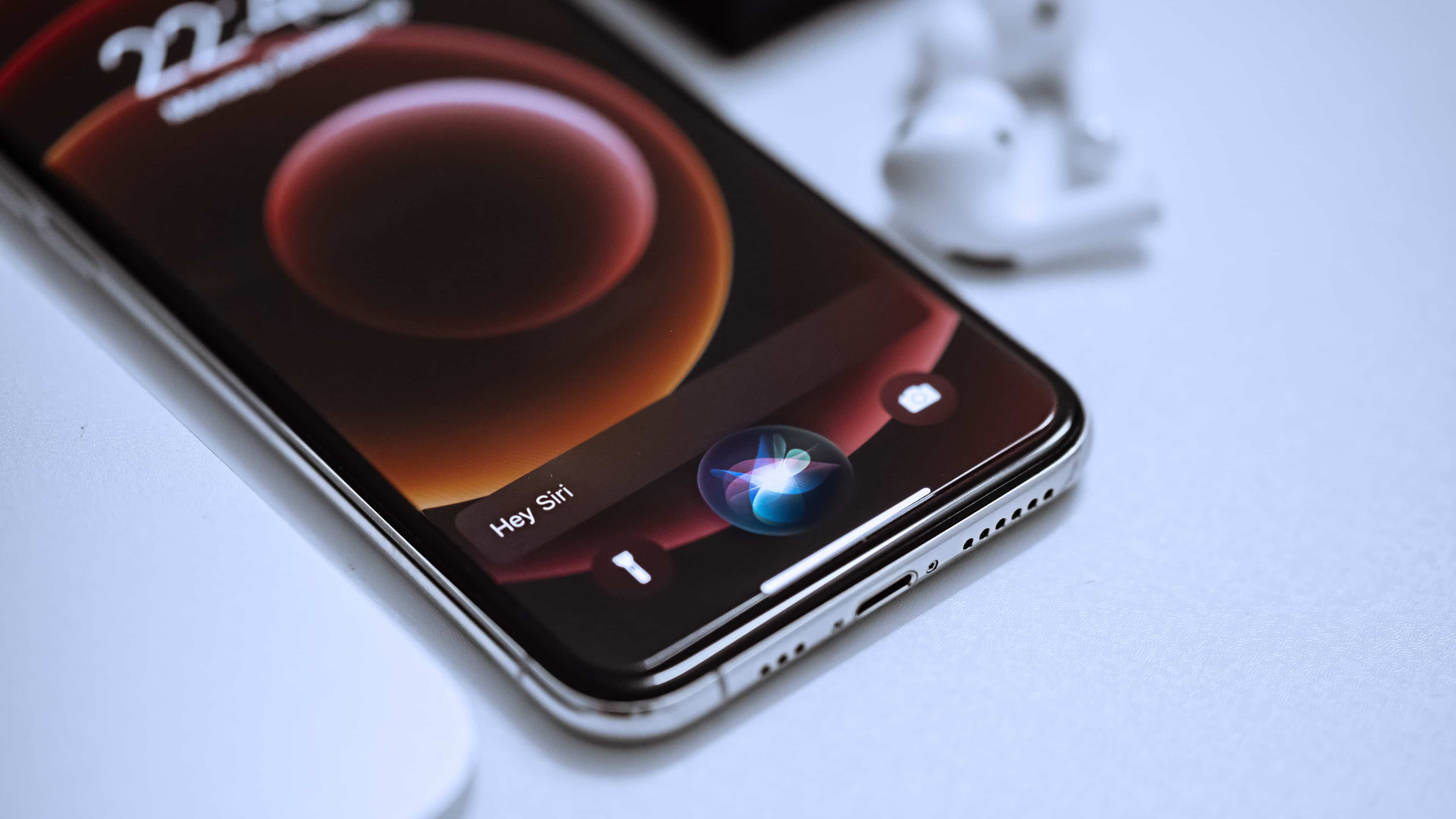The Siri team has spent weeks testing large language models, hoping to infuse its struggling virtual assistant with ChatGPT-like AI smarts.

- What’s happening? Following ChatGPT’s rise, Apple reportedly has prompted its Siri team to explore generative AI concepts to improve the virtual assistant.
- Why care? Siri cannot repay its vast technical debt, which makes implementing even the most basic changes difficult. A new approach is required.
- What to do? Download the MacGPT app to see why Siri is “dumb as a rock.”
The Siri team is exploring ChatGPT-like generative AI
Apple’s annual artificial intelligence (AI) summit updated employees on how the company is tackling large language models and other AI developments.
The New York Times reports that many engineers, among them members of the Siri team, “have been testing language-generating concepts every week.”
The article stops short of providing details, so it’s unclear whether Apple might have tasked the Siri team with implementing generative AI into the virtual assistant or the team is simply exploring the feasibility of infusing Siri with ChatGPT-like capabilities.
Siri was a short-lived App Store app based on a spin-off project by the DARPA-funded SRI International Artificial Intelligence Center that Apple acquired in 2010.
The report explains how Siri has squandered its lead since its introduction on the iPhone 4s in 2011. To put it mildly, Siri’s code base wasn’t ideal, and the team soon realized that every minor change to the AI would require weeks of work.
Hey Siri, what went wrong?
Basically, Siri ran into technological hurdles, according to ex-Apple engineer John Burkey who had worked on the digital assistant. Its “clunky code” took “weeks to update” with just the basic features, he said. The assistant also suffered from “a cumbersome design” that made it time-consuming to add new features.
Siri’s database contains a gigantic list of words, including the names of musical artists and locations like restaurants, in nearly two dozen languages. So seemingly simple updates, like adding some new phrases to the data set, would require rebuilding the entire database, which could take up to six weeks, Mr. Burkey said. Adding more complex features like new search tools could take nearly a year.
Reading about this, it doesn’t come as a surprise that Apple gambled away its early lead in the AI race by accruing technical debt that the Siri team couldn’t repay.
Instead of rewriting the Siri code base from scratch after acquiring the app, Apple decided it was more important to ship the feature—so we now have a virtual assistant that’s “dumb as a rock.”
Microsoft boss says digital assistants are dumb
Not my words—Microsoft’s boss Satya Nadella called virtual assistant such as Apple’s Siri “dumb as a rock” in a recent interview with The Financial Times.
Of course Nadella would trash virtual assistants because his company has invested to the tune of $13 billion in OpenAI, the startup behind ChatGPT. The investment enabled the Windows maker to combine OpenAI’s ChatGPT technology and its Prometheus language model to infuse its Skype, Edge and Bing apps with AI smarts.
At the same time, Google has announced that Google Workspace users will soon be able to leverage Bard, its ChatGPT-like bot, to generate text such as sales emails. Microsoft will be bringing similar capabilities to Word and other Office apps.
Meanwhile, OpenAI has launched GPT-4, its next-generation AI engine, and announced partnerships with the Duolingo and Be My Eyes apps.